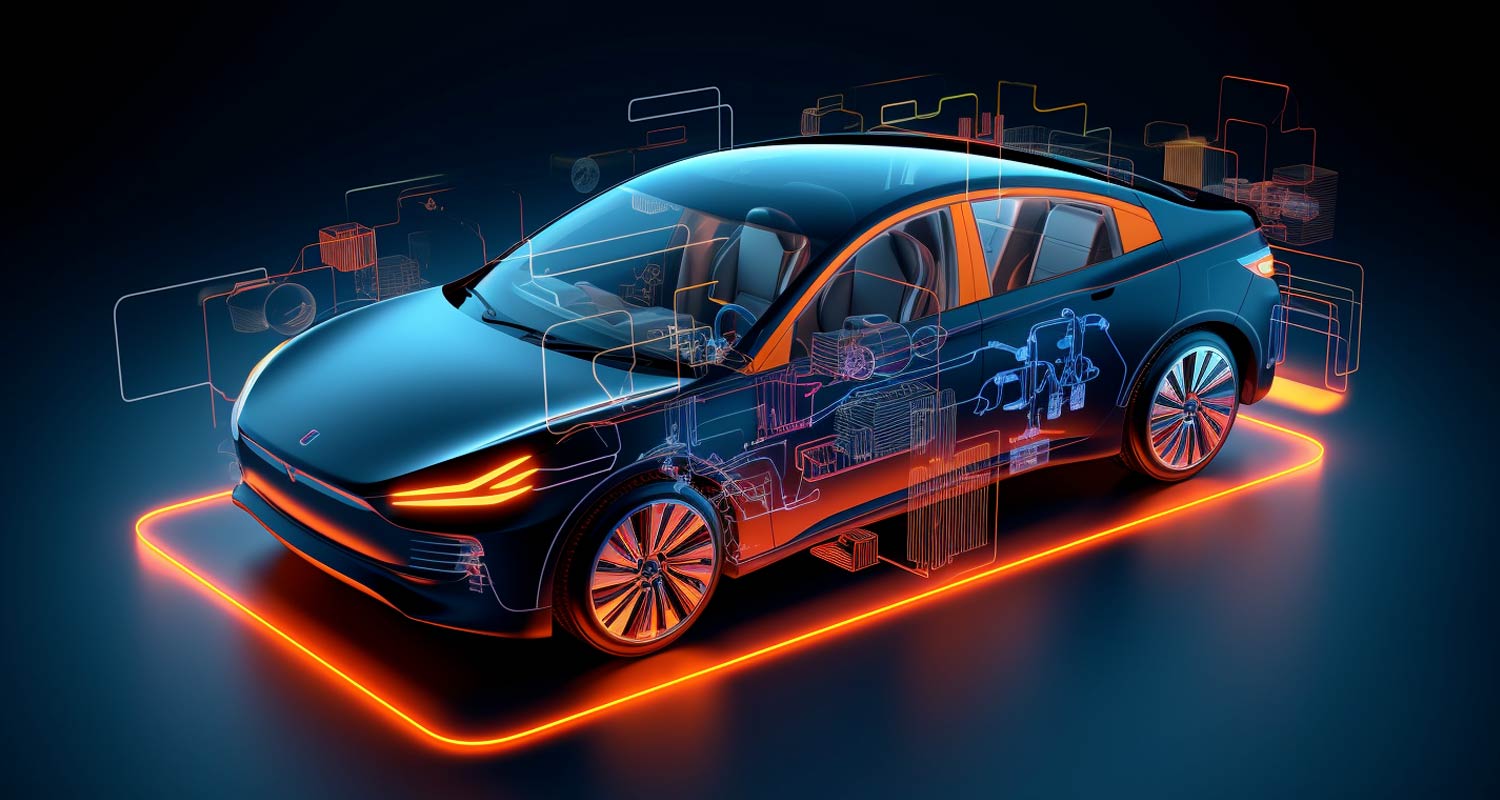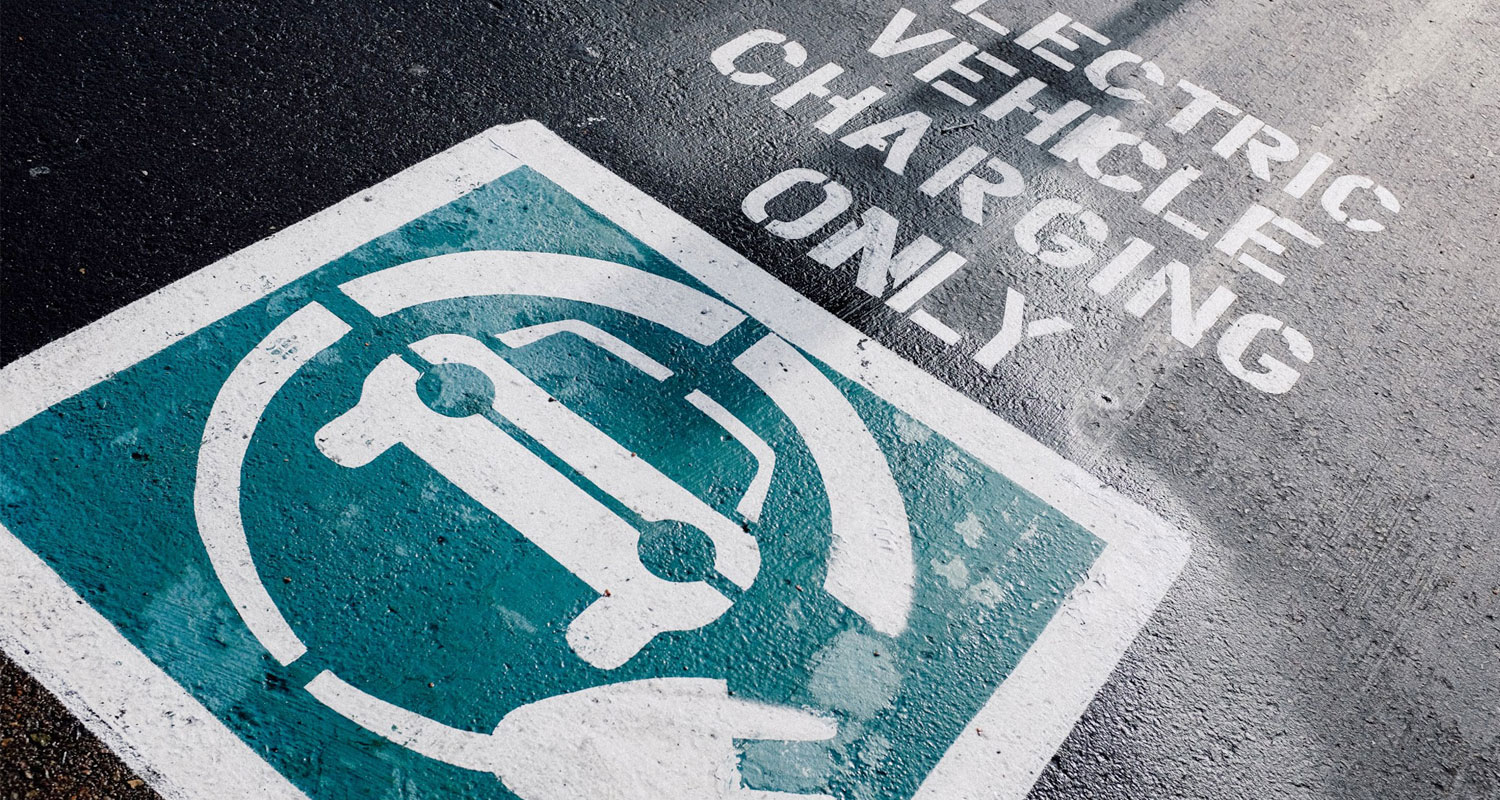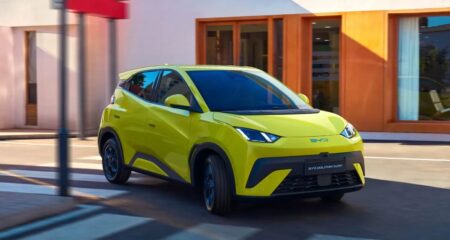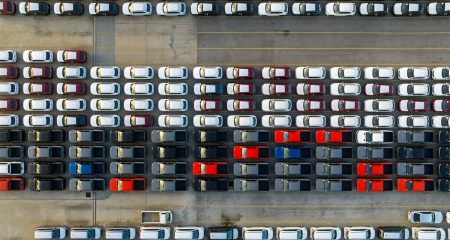 The sale of electric vehicles in South Africa more than doubled year on year in the second quarter, according to new figures by the Automotive Business Council.
The sale of electric vehicles in South Africa more than doubled year on year in the second quarter, according to new figures by the Automotive Business Council.
The council, also known as Naamsa, said on Tuesday that sales of new-energy vehicles by 18 industry brands increased by 100.7% between the first quarter of 2023 and the second quarter.
It’s still early days for the switchover to electrics in South Africa, though: the numbers are still tiny compared to the overall new vehicle market. Some 740 new-energy vehicles were sold in South Africa in the first quarter, compared to 1 481 units in the most recent quarter.
So far, BMW’s i3 has proved to be the best-selling EV in the country, accounting for 40% of all EV sales, followed by the electric Mini Cooper (also made by BMW Group), with 13% of sales.
Overall new vehicle sales in the second quarter showed an increase of 8.6% compared to the corresponding quarter last year, but a loss of 8.1% compared to the previous quarter of 2023, reflecting the strain on consumers’ budgets.
The average industry capacity utilisation levels during the second quarter continued to reflect the recovery in vehicle production levels to pre-pandemic levels – but the ongoing global semiconductor shortage impacted original equipment manufacturers. Load shedding and unplanned outages also impacted operations, as did the substantial depreciation of the rand.
Exports
Vehicle exports increased in this period by 13.8% to 88 025 units compared to the 77 340 units exported in the corresponding quarter in 2022. Prices of imported components and raw materials remained subject to exchange rate movements and the global price index. The domestic supply chain was also influenced by raw material pricing trends that were adversely affected by exchange rate movements and the global price index.
Naamsa acknowledged that an urgent policy framework to support investment decisions for EV manufacturing – and safeguard export volumes into the European market – is imperative for the domestic motoring industry’s inevitable transition to more eco-friendly vehicles.
Driving a meaningful EV transition in South Africa will require a careful balance between incentivising a sustained shift in domestic market demand to EVs. It will mean establishing an appropriately aligned, renewable energy-based charging infrastructure and supporting a shift in South African vehicle production, away from petrol and diesel vehicles to a mix of hybrid-electric vehicles, plug-in hybrid electrics and full EVs, said Naamsa CEO Mikel Mabasa in a statement.
“The global transition towards new-energy vehicles is a critical step to secure the future of the automotive industry in South Africa. Our rapid adoption to newer technologies is critical for the domestic automotive industry’s long-term success and growth. The only way to have a successful automotive manufacturing base is to keep up with technological developments,” he said.
 However, despite lower running costs, the high upfront purchasing cost of EVs (linked to higher production costs, mainly related to battery production) has been the main inhibitor to increased EV uptake in South Africa. This is exacerbated by the effects of VAT; the excise duty based on a sliding scale up to 30% and the import tariff; limited product availability; and awareness issues emanating from range anxiety, security of electricity supply and a limited understanding of the technology.
However, despite lower running costs, the high upfront purchasing cost of EVs (linked to higher production costs, mainly related to battery production) has been the main inhibitor to increased EV uptake in South Africa. This is exacerbated by the effects of VAT; the excise duty based on a sliding scale up to 30% and the import tariff; limited product availability; and awareness issues emanating from range anxiety, security of electricity supply and a limited understanding of the technology.
Nevertheless, Statista predicts that revenue from the South African EV market is projected to reach about US$30-million (R574-million) in 2023, with unit sales expected to reach 1 413 vehicles by 2028. The average price of an EV is expected to fall to about $44 000 (R838 000) in 2023. – © 2023 NewsCentral Media




